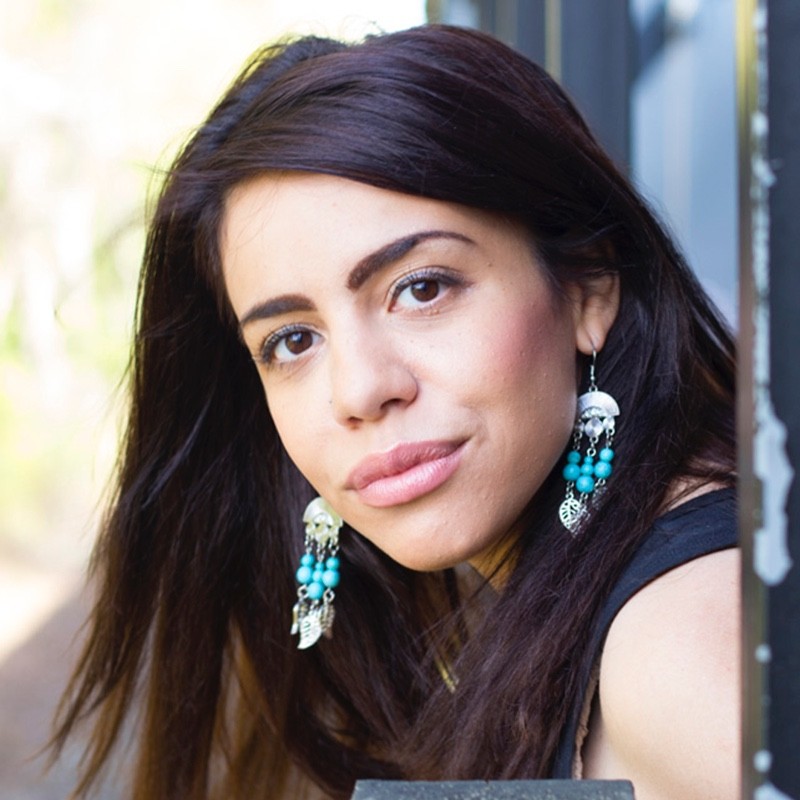Stories, screen-based or otherwise, about post-apocalyptic worlds challenge everything you think you know about your own moral compass. In HBO’s adaptation of The Last of Us, it’s easy for the audience to question what they would do if put in that universe—especially since every decision equates to life or death.
Based on the video game of the same name, The Last of Us (shot primarily in Alberta) is set 20 years after a mutated strain of Cordyceps fungus has infected humans. At the centre of The Last of Us is Joel (Pedro Pascal), an emotionally broken smuggler, and Ellie (Bella Ramsey), a 14-year-old girl who may be the key to saving civilization.
When we first meet Ellie, she’s living in the authoritarian Boston quarantine zone (otherwise known as the “QZ”). The people that are left live among abandoned buildings and lament a life that has long been gone.
Ellie and those not infected are constantly faced with mortality. If someone gets the fungus transmitted to them, they are a vessel that is taken over physically and mentally, forcing them to spread the infection.
But Ellie has a secret that distinguishes her from other people—she was infected but is immune. It’s Joel and his then-partner Tess’ job to escort Ellie to a hospital in Salt Lake City, Utah, where a doctor is waiting in hopes of creating a vaccine.
Ellie soon realizes one doesn’t have to be infected to be a monster, and survival means more than just being immune to the Cordyceps fungus.
She’s young but has already lived a very adult life. Ellie has no family, is forced to trek across the states with a stranger, and, as the story unravels, we learn just how much she’s lost and what she continues to lose. She maintains being witty, bright, and yet childlike. She’s fascinated by the outside world and sees the beauty of it, even commenting on a rooftop, “Man, you can’t deny that view.”
Ellie’s queerness is a significant component of her story.
As we unearth more about Ellie, the audience learns she had a best friend named Riley. During a flashback episode, Riley takes Ellie outside of curfew to show her an abandoned mall. It’s a playful scene that reimagines an adult-less world that is more of a playground than a survival situation.
We become aware Riley was set to join The Fireflies, a resistance group. The mall date wasn’t just for an adventure—it was a goodbye.
Ellie and Riley briefly kiss. It’s a poignant moment because the sequence was a buildup of many things, like anticipation, excitement, fear of rejection, and the origins of how Ellie learns she’s immune to Cordyceps. Ellie and Riley’s characters and the existence of LGBTQ characters in The Last of Us are a reminder of why representation matters.
Looming in the mall was an infected, waiting, awoken by voices of oblivious teens. Both are attacked and stay together, but Riley ultimately changes with the symptoms of the infection, and Ellie does not.
Ellie’s forced to kill her best friend.
One relationship that is the anchor of The Last of Us is between Ellie and Joel. Throughout the series, Joel’s face is etched with melancholy, but his survivor mentality is dangerous. The irony is like the people infected by Cordyceps, the person he once was, was gone. His initial relationship with Ellie is a forced business transaction, and her purpose in his life was supposed to be temporary.
Her ability to keep being a teenager is a balancing act. Ellie’s verbal prods at Joel are a mix of audacious but genuine. He can’t help but ease up, though the viewer is always reminded about Joel’s demons.
The series casts the people around Ellie who project who they think she is onto her. She’s “cargo,” necessary to ending the hell on earth. Despite the adults who control her movements, she reclaims herself when defying those projected nuances.
It’s a trope familiar in shows like Buffy the Vampire Slayer and even The Handmaid’s Tale. Women exist in a world they didn’t ask for. But in Ellie’s situation, someone chose not to let her be a sacrifice but a survivor.
Ellie shifted the stereotypes often faced by young girls and women in the media to be a person that not only inspires a revolution but also rebels against it.
She didn’t need to align with the cards dealt to her, although we certainly wouldn’t have blamed her. Her fate would have been at a military school or somehow sooner in the hands of the people who wanted her dead, even if it was for the so-called greater good.
Ellie was never given a choice, but would she have chosen to die to benefit other people? She would likely have, which could be why Joel decided for her. He wouldn’t allow anyone else in his life to die and saw that Ellie, despite the world’s horror, had to become a powerful symbol of strength.
HBO has renewed The Last of Us for season 2.




